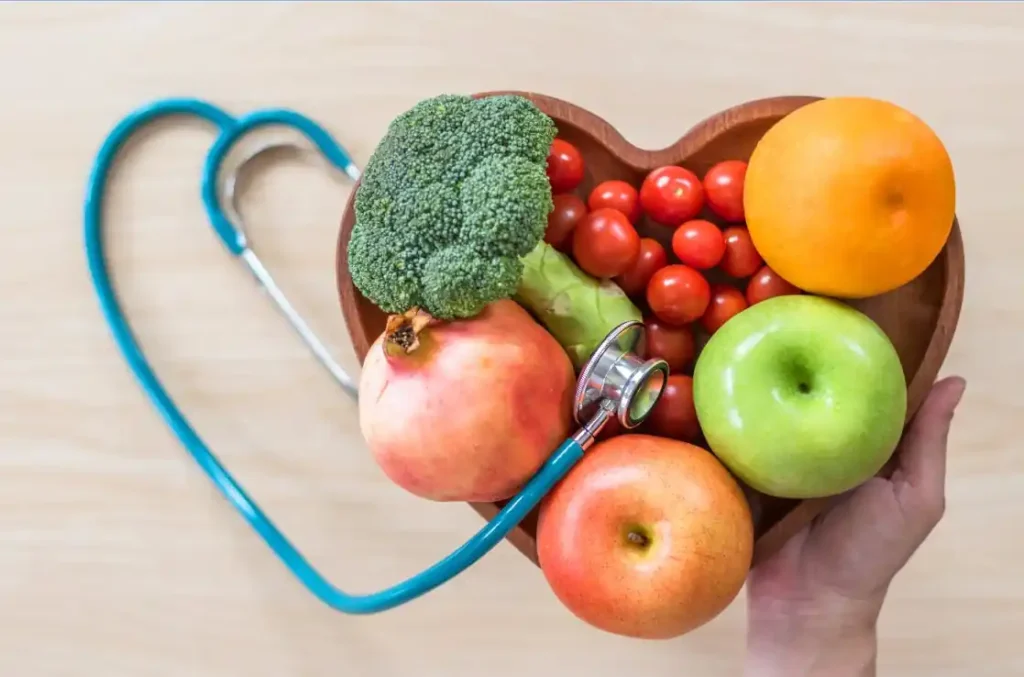Eating a nutritious diet is fundamental to overall health and well-being. A good diet not only supports physical health but also plays a crucial role in preventing chronic diseases (like heart disease, diabetes, and cancer) and promoting longevity. Remember that health is wealth. Keeping fit is personal business and should be taken seriously.
Statistic shows that 86,000 of children being among the vulnerable die yearly after suffering from zinc deficiency due to lack of access to healthy food. Here are nine key aspects to consider when it comes to maintaining a healthy diet:
1. Balanced Nutrition
A balanced diet provides the right proportions of macronutrients (carbohydrates, proteins, and fats) and micronutrients (vitamins and minerals) that your body needs to function optimally. A report said micronutrients affect more than 2 billion people worldwide. This means consuming a variety of foods from all food groups: fruits, vegetables, whole grains, lean proteins, and healthy fats.
2. Portion Control
Portion sizes matter. Eating too much of even healthy foods can lead to weight gain. Pay attention to recommended serving sizes and listen to your body’s hunger and fullness cues to avoid overeating.
3. Whole Foods vs. Processed Foods
Whole foods are minimally processed and retain more of their nutrients compared to heavily processed foods, which often contain added sugars, unhealthy fats, and preservatives. Opting for whole foods such as fruits, vegetables, whole grains, and lean proteins can improve nutrient intake and support better health outcomes. WHO recommends that total fat intake should be less than 30% of total energy intake.
4. Limit Free Sugars for Better Health:
For a healthy diet, WHO advised that we avoid excessive intake of sugar. Sugar represent less than 10% of your total energy intake. Reducing even further to under 5% has additional health benefits.
5. Hydration
Staying hydrated is essential for overall health. Water is the best choice for hydration, but herbal teas and infused water can also be beneficial. Adequate hydration supports digestion, nutrient absorption, and helps maintain body temperature.
5. Nutrient Density
Choose foods that are nutrient-dense, meaning they provide a high amount of nutrients relative to their calorie content. Examples include leafy greens, berries, nuts, seeds, and lean proteins like fish and poultry. These foods offer essential vitamins, minerals, and antioxidants that support various bodily functions and protect against diseases.
6. Mindful Eating
Mindful eating involves paying attention to the sensory experience of eating, including taste, texture, and aroma. It also involves being aware of hunger and fullness cues, which helps prevent overeating and promotes a healthier relationship with food.
7. Limit Salt Intake
Sodium, often consumed in the form of salt, is another critical aspect of diet that requires moderation. It was recommended by WHO to keep salt intake to less than 5 grams per day (about one teaspoon) to lower the risk of high blood pressure, heart disease, and stroke. Processed foods, snacks, and ready-made meals often contain hidden salts, so reading labels and reducing reliance on processed foods can help maintain a healthier sodium intake..
8. Personalization
There is no one-size-fits-all approach to diet. Personal preferences, cultural backgrounds, and individual health conditions should all be considered when crafting a healthy eating plan. Consulting with a registered dietitian or nutritionist can provide personalized guidance tailored to your specific needs and goals.
9. Long-Term Perspective
Maintaining a healthy diet is a lifelong commitment. It’s not just about short-term goals but about establishing sustainable habits that support long-term health and well-being. Making gradual changes and focusing on overall dietary patterns rather than quick fixes or fad diets can lead to lasting improvements in health.



